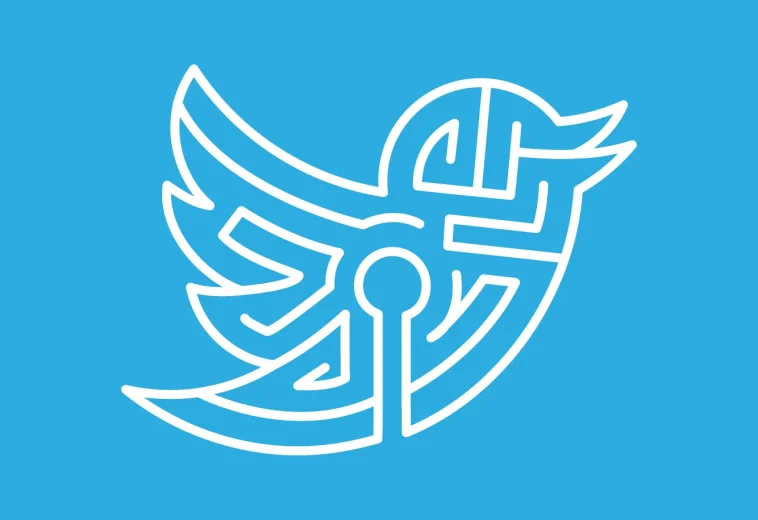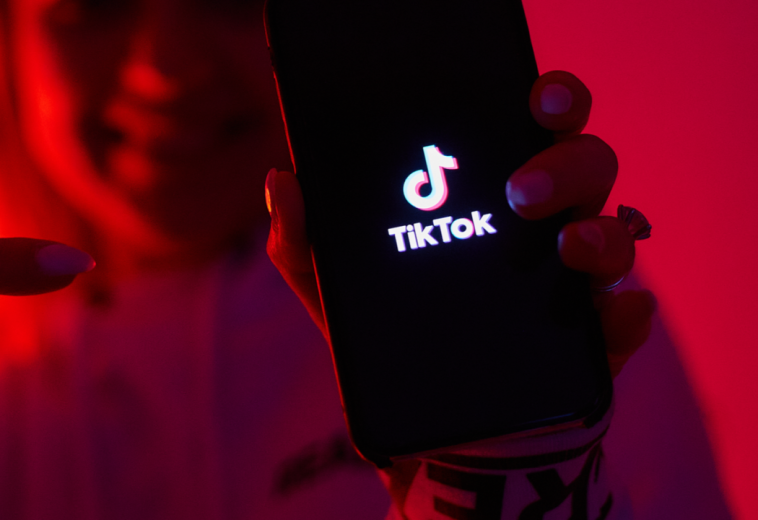I. Introduction
In today’s digital age, the demand for skilled digital marketers is continually on the rise. While technical skills are crucial, it’s equally important to have excellent soft skills. These are the personal attributes that allow digital marketers to interact effectively and harmoniously with other people.
The Importance of Soft Skills in the Digital Marketing Field
Soft Skills: they may not be the first thing that comes to mind when one thinks about digital marketing, but they are just as critical as the technical abilities one possesses. Soft skills help marketers to understand client needs better, build healthier work relationships, and create effective marketing strategies.
Why Digital Marketers Need to Develop Soft Skills
In the dynamic field of digital marketing, it’s not just about posting content and crunching marketing data. Digital marketers also need to develop their soft skills, which include effective communication, problem-solving abilities, and emotional intelligence. These skills enable marketers to understand their target audience better, create compelling content, and drive customer engagement.
Overall, having a balance of hard and soft skills is essential for any digital marketer aiming to make a significant impact in this competitive industry. Stay tuned as we delve deeper into the most critical soft skills every digital marketer should have in the upcoming sections.
II. Communication Skills
In the realm of digital marketing, communication is king. With multiple platforms and audiences to cater for, effective communication skills are vital.
The Role of Communication Skills in Digital Marketing
The Role of Communication Skills: Communication skills serve pivotal roles in digital marketing. From crafting compelling content that resonates with your audience, to effectively managing client relationships, strong communication skills are the backbone of any successful digital marketing strategy.
Effective Written and Verbal Communication in the Digital Environment
Effective Written and Verbal Communication: Whether it’s writing engaging blog posts, creating eye-catching social media captions, or presenting a new marketing strategy, effective written and verbal communication skills empower digital marketers to connect with their audiences on a deeper level.
Here are some key aspects of effective communication in digital marketing:
- Clear, concise messaging: Avoid jargon and keep your message straightforward to ensure it is easily understood by your audience.
- Empathy: Understand your audience’s needs and concerns to craft targeted messages.
- Feedback: Solicit and respond to feedback from your audience and clients to foster continuous improvement.
Overall, effective communication skills remain fundamental to successful digital marketing. These skills enable marketers to foster strong relationships with clients and customers alike while delivering compelling content that drives results.
III. Creativity and Innovation
Creativity and innovation are absolutely essential soft skills for digital marketers. Digital marketing campaigns require out-of-the-box thinking to stand out in a crowded market.
How Creativity Can Make a Difference in Digital Marketing
Creativity in digital marketing isn’t just about coming up with artistic designs or clever copy. It’s also about finding new and unique ways to reach and engage your target audience. A well thought out and creatively-crafted campaign can result in more shares, higher engagement rates, and ultimately, more conversions. Here are some fantastic examples of how creativity has made a significant difference in successful digital marketing campaigns.
Innovative Thinking for Problem Solving in the Digital Marketing Landscape
Just as creativity helps put brands in the spotlight, innovative thinking is necessary to navigate challenges in digital marketing seamlessly. For instance, innovative techniques might include utilizing new software tools, adapting to updates in algorithms, or finding fresh ways to connect with demographic changes. Embracing originality leads to learning, growth, and the ability to stay ahead of the curve in this ever-evolving digital landscape.
IV. Adaptability and Flexibility
Adaptability and flexibility: two essential soft skills often overlooked in the world of digital marketing. With constant changes and advancements in technology, digital marketers ought to be responsive and flexible to stay ahead of the curve.
Why Adaptability is Crucial for Digital Marketers
Adaptability in digital marketing is more than just a buzzword; it’s a necessity. Every digital marketer works within a dynamic and rapidly changing industry. From major Google algorithm updates to emerging social media platforms, the digital landscape is continually evolving. As such, marketers need to be versatile and readily adapt to new strategies, technologies, and trends to ensure their digital campaigns remain effective and relevant.
Handling Changes and Navigating Uncertainty in a Dynamic Industry
Being flexible and open to changes is a must-have trait for digital marketers. They should be comfortable navigating uncertainties and able to adjust their strategies when something unexpected disrupts their plans. This might involve shifting budget allocations, adopting new digital platforms, or altering content strategies to fit new audience behaviors or market trends.
To summarize, adaptability and flexibility are non-negotiables in a digital marketer’s skillset, as they equip professionals to navigate the ever-evolving digital world and maximize the performance of their digital campaigns.
V. Collaboration and Teamwork
In the world of digital marketing, the power of collaboration and teamwork cannot be overlooked.
The Power of Collaboration in Digital Marketing Campaigns
Collaboration: is essential for the overall success of Digital Marketing campaigns. Marketers need to seamlessly work together, bringing their unique skills and ideas to the table. A collaborative approach can lead to more creative, efficient and high-impact results. The ability to listen and incorporate the perspectives of others can greatly enhance the effectiveness of marketing strategies.
Building Strong Teams and Working Towards Common Goals
Teamwork: incredibly important in digital marketing, as it often involves working in cross-functional teams. Building a strong team promotes a culture of learning, helps in brainstorming fresh ideas, and achieving common goals. Together, a team can strategize, execute, assess, and improve marketing strategies more effectively than individuals working in isolation.
Overall, good collaboration and teamwork skills can optimize the success of your digital marketing efforts.




